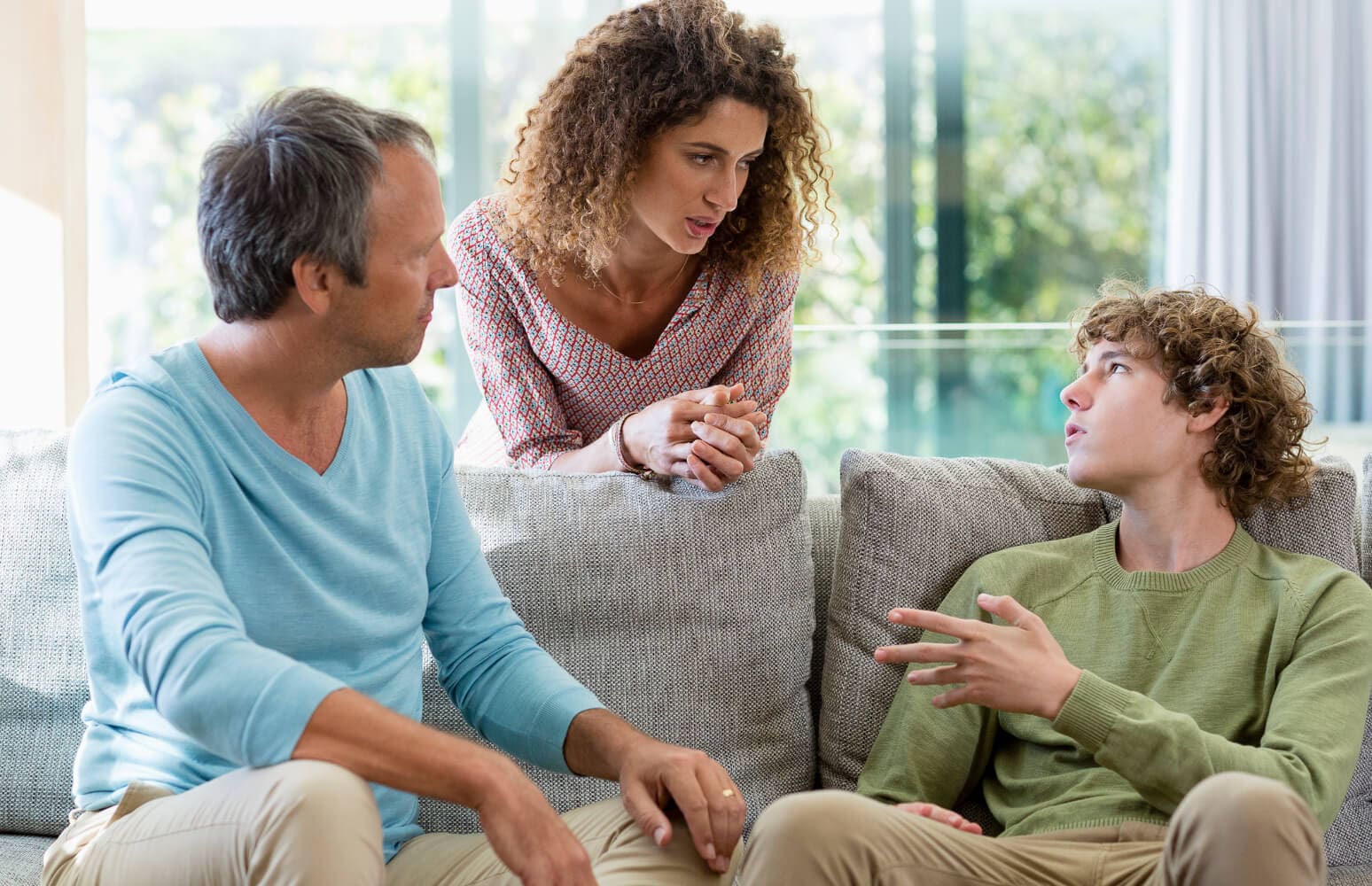This content was produced for the foundry @ Meredith Corp. Health editorial staff was not involved in its creation or production.
horizons
Having “The Talk” with Your Kids
How to tell your children you have cancer.
Telling your kids that you have cancer can be one of the hardest conversations you have as a parent. It can be difficult to know when and how to have the conversation and how much information to share.
Each family is unique, and there is no perfect way to have these discussions. But, there are steps you can take to effectively communicate the situation—and path ahead—to your children.
Decide How And When
Deciding what you want to convey can help guide when to have the conversation. Some parents prefer to tell their kids as soon as they’re diagnosed, while others feel more comfortable waiting until they’ve gathered information about their type of cancer and treatment options.
Remember, you don’t have to discuss everything at once. Decide what’s most important for you to share first, and start there. It may be helpful to walk through your plan with a support person, like your partner or a therapist, before talking to your kids.
Tailor the Conversation To Your Kids’ Needs
How you talk to your kids about your diagnosis will depend on their age, their ability to understand what you’re telling them, and your unique relationship with them. Offering reassurance that cancer isn’t contagious—and that they didn’t do anything to cause it—can be helpful for kids of all ages.
A few other tips:
- Young children with short attention spans may not need many details, so keep conversations brief and direct.
- School-age children may be curious about how cancer affects your body. A visual might be helpful for some kids.
- Older children and teens may have more knowledge of cancer, but may worry about upsetting you with too many questions. Take your cues from them, answering their questions as honestly as you can.
Expect Hard Questions
You may dread and avoid certain questions, particularly those about the nature of lung cancer and the ways treatment may affect you. Although this may be out of an impulse to shield your kids from this difficult experience, be as open and honest as you can. Overall, you want to try and share positive information when it applies and field any challenging questions on a case-by-case basis.
Keep The Conversation Going
Your children may need time to absorb the news. They may not have an immediate emotional reaction, and might come back days or weeks later with questions or feelings they want to share. Let them know that lines of communication are open and that you will help them process their thoughts and feelings.
Telling loved ones you’re sick is never easy. Each family copes with these challenges differently; you and your family will find ways that work for you. You may find that you deepen and strengthen your bonds as a family as you discuss your cancer journey together over time.




